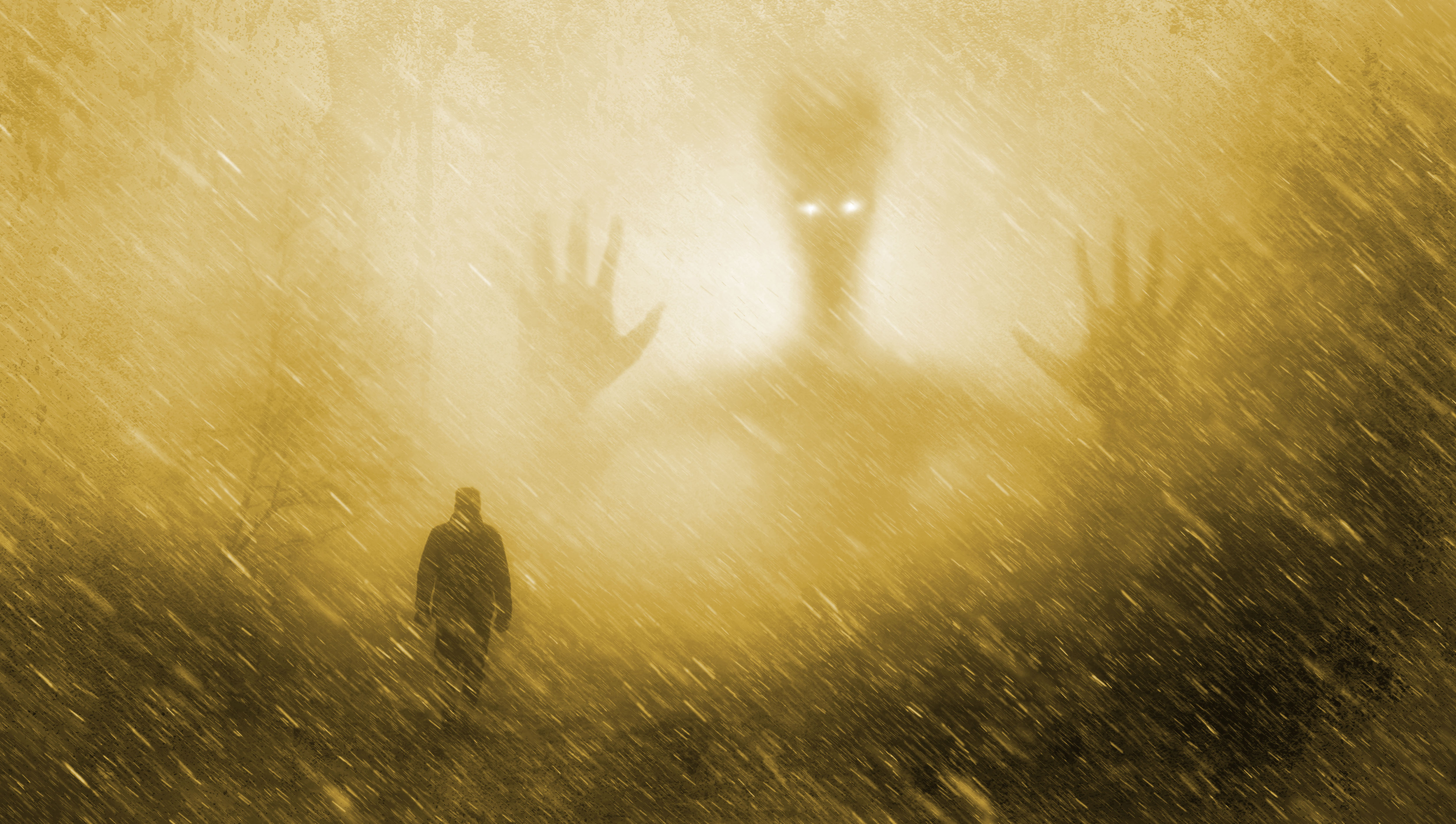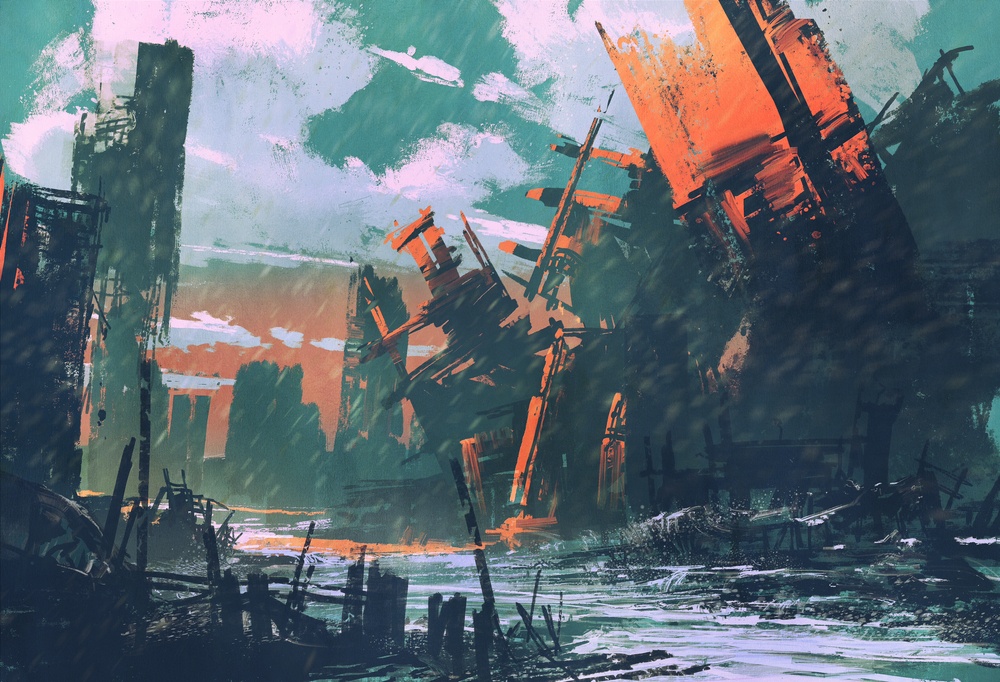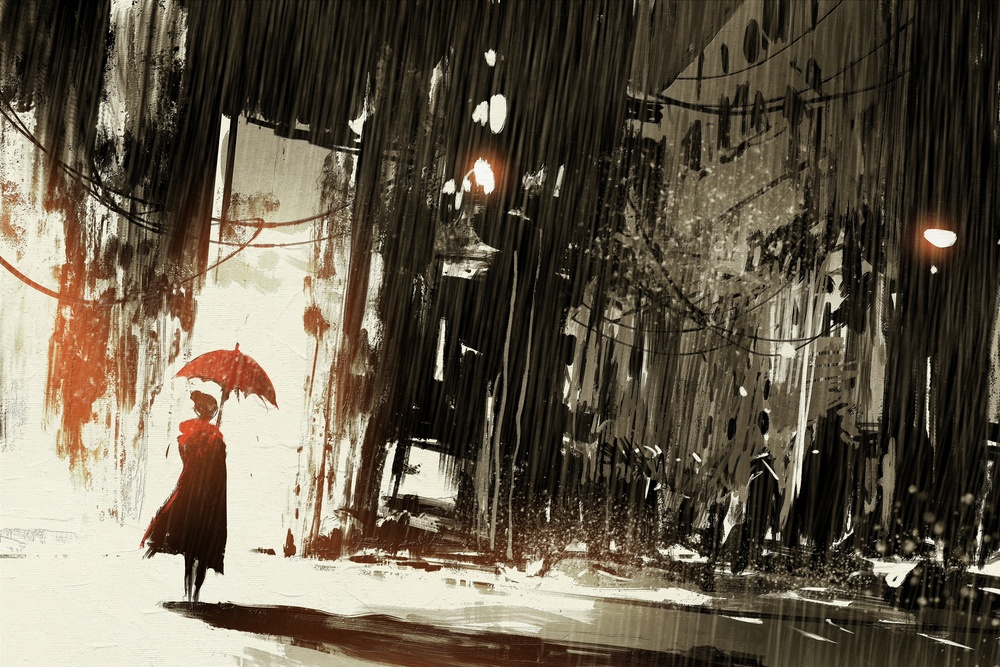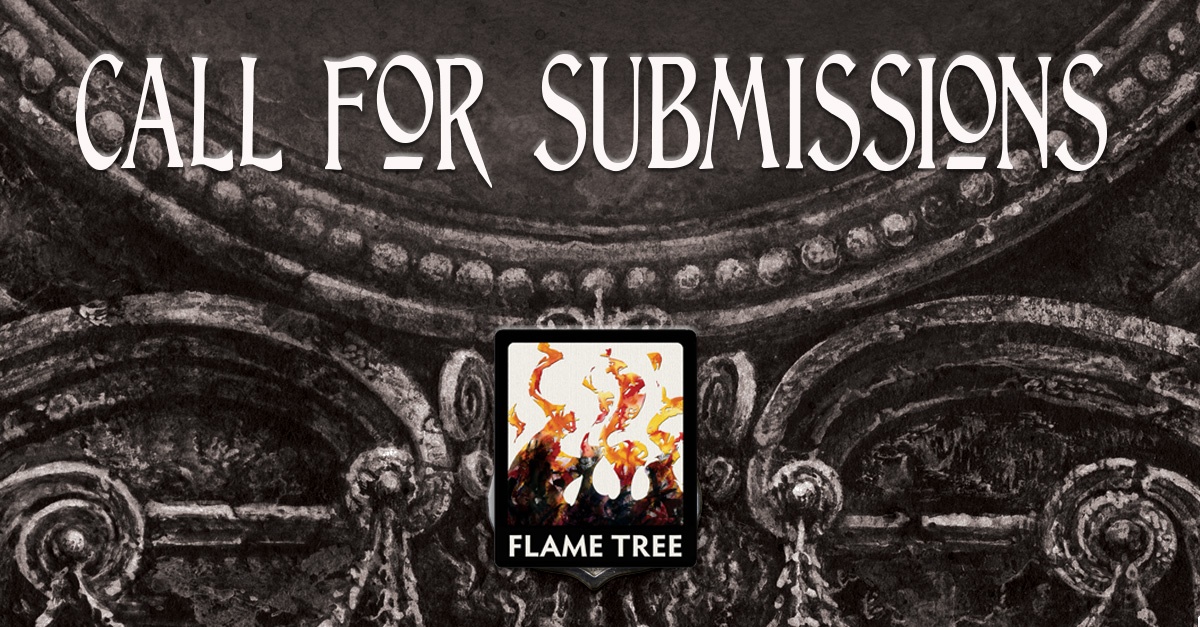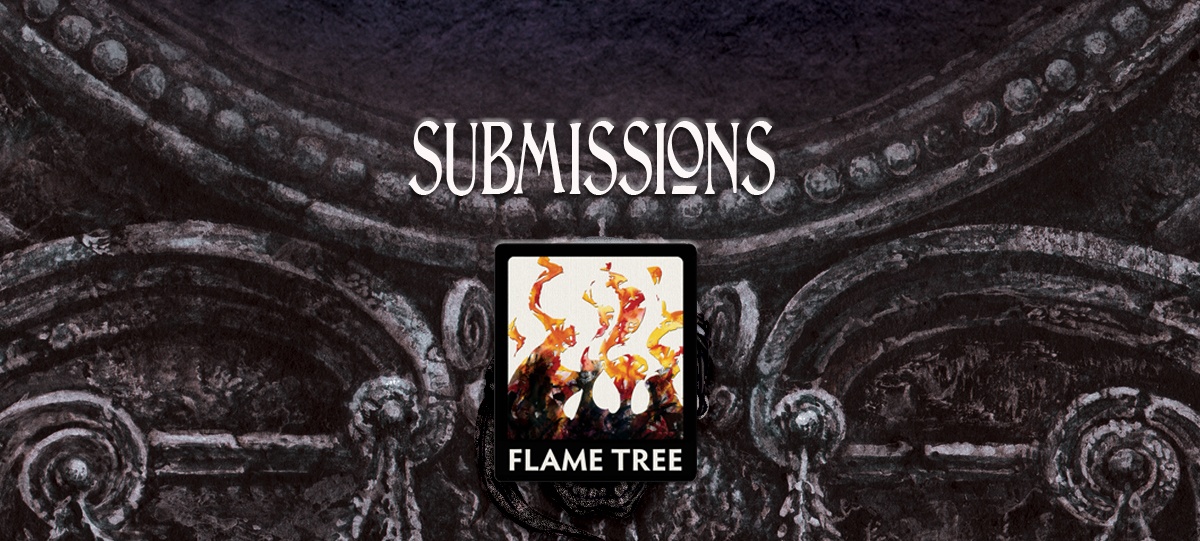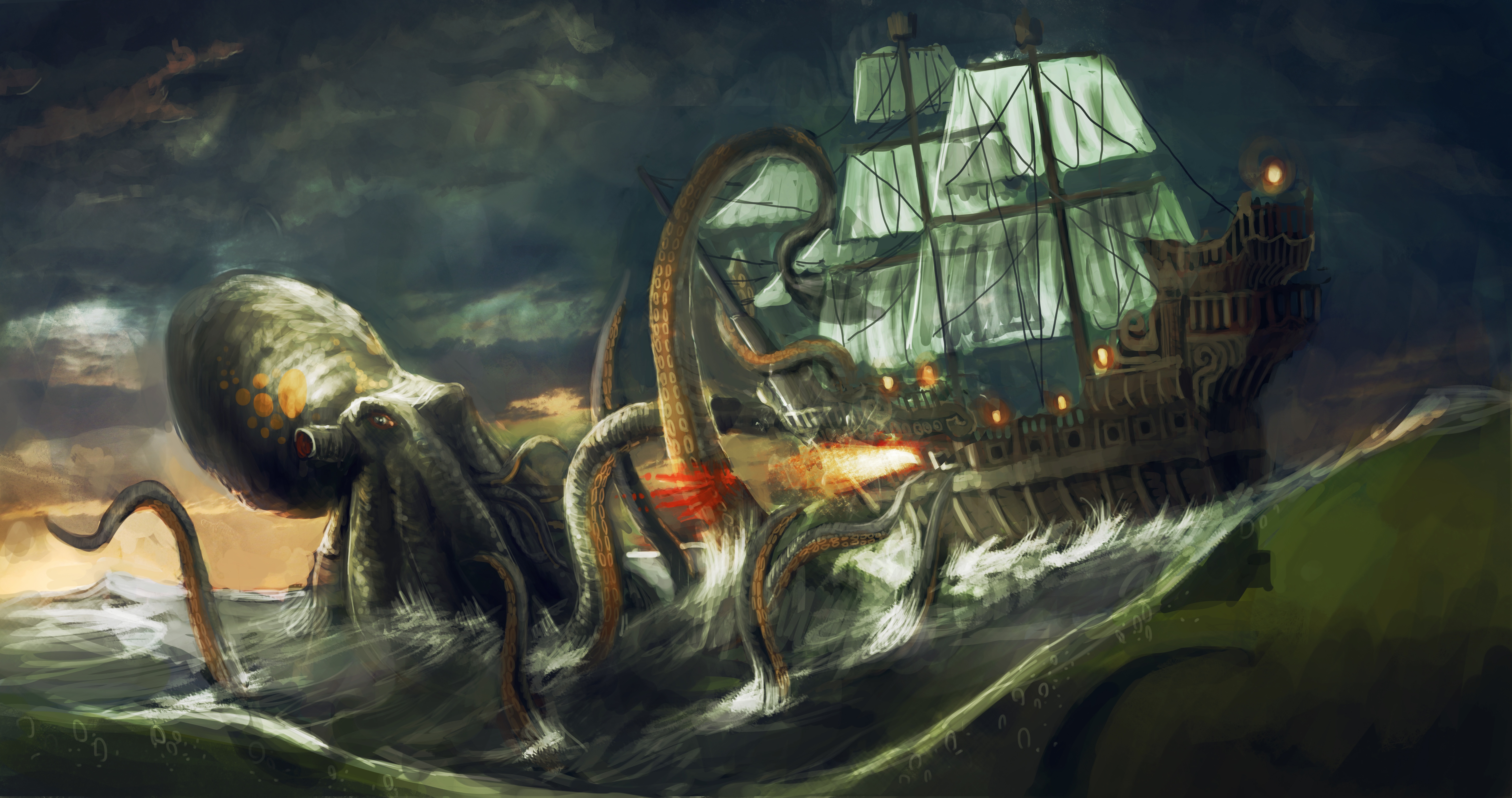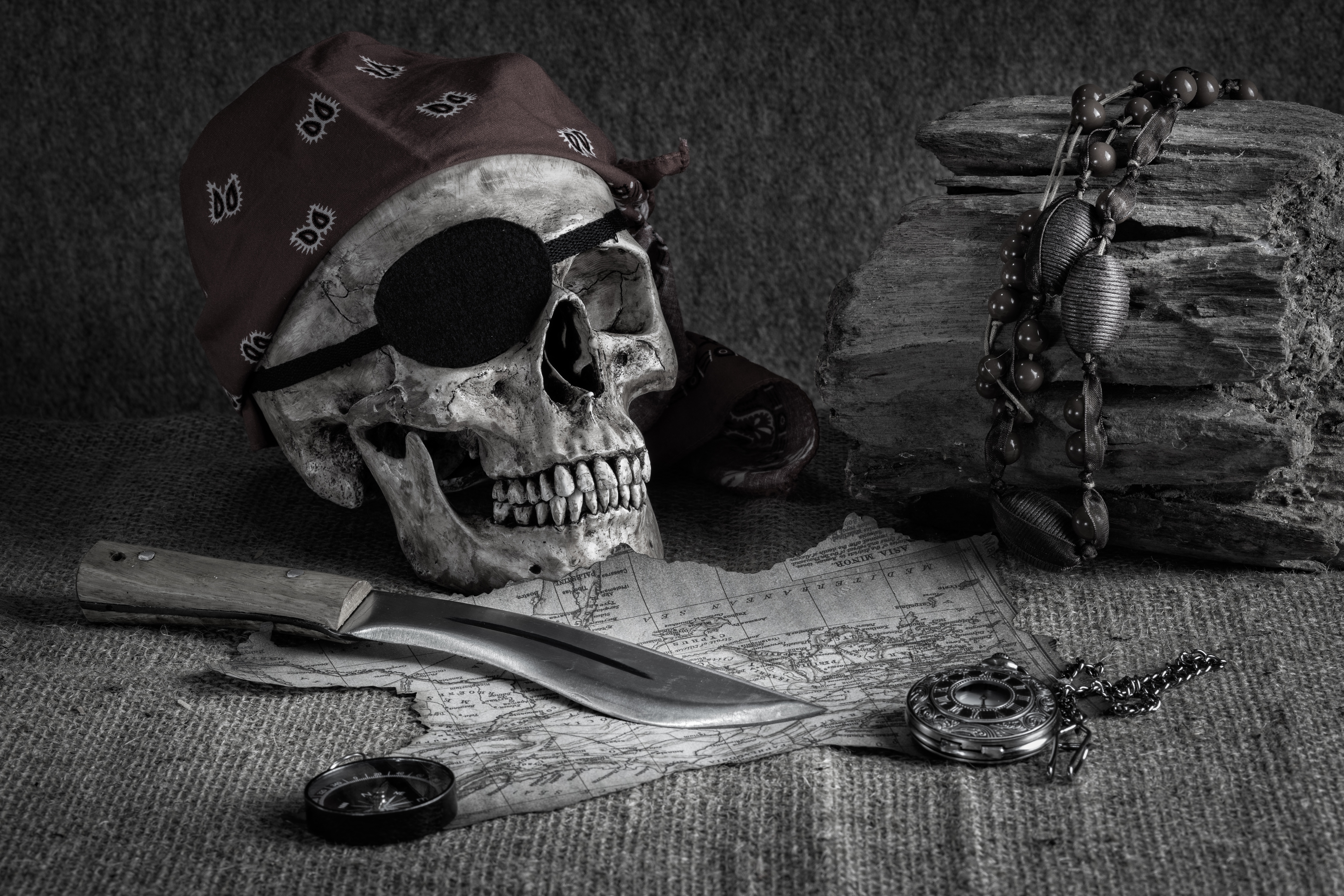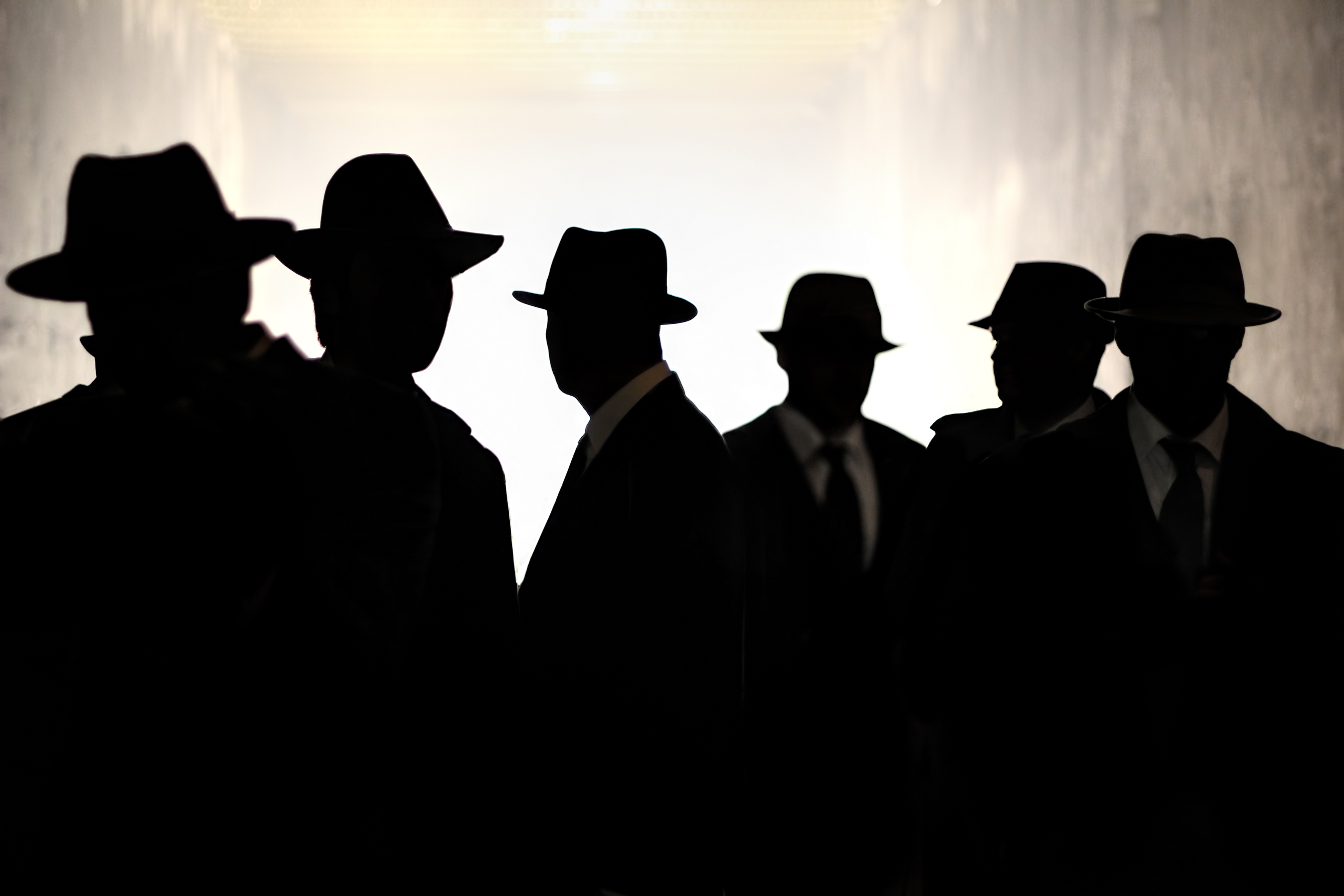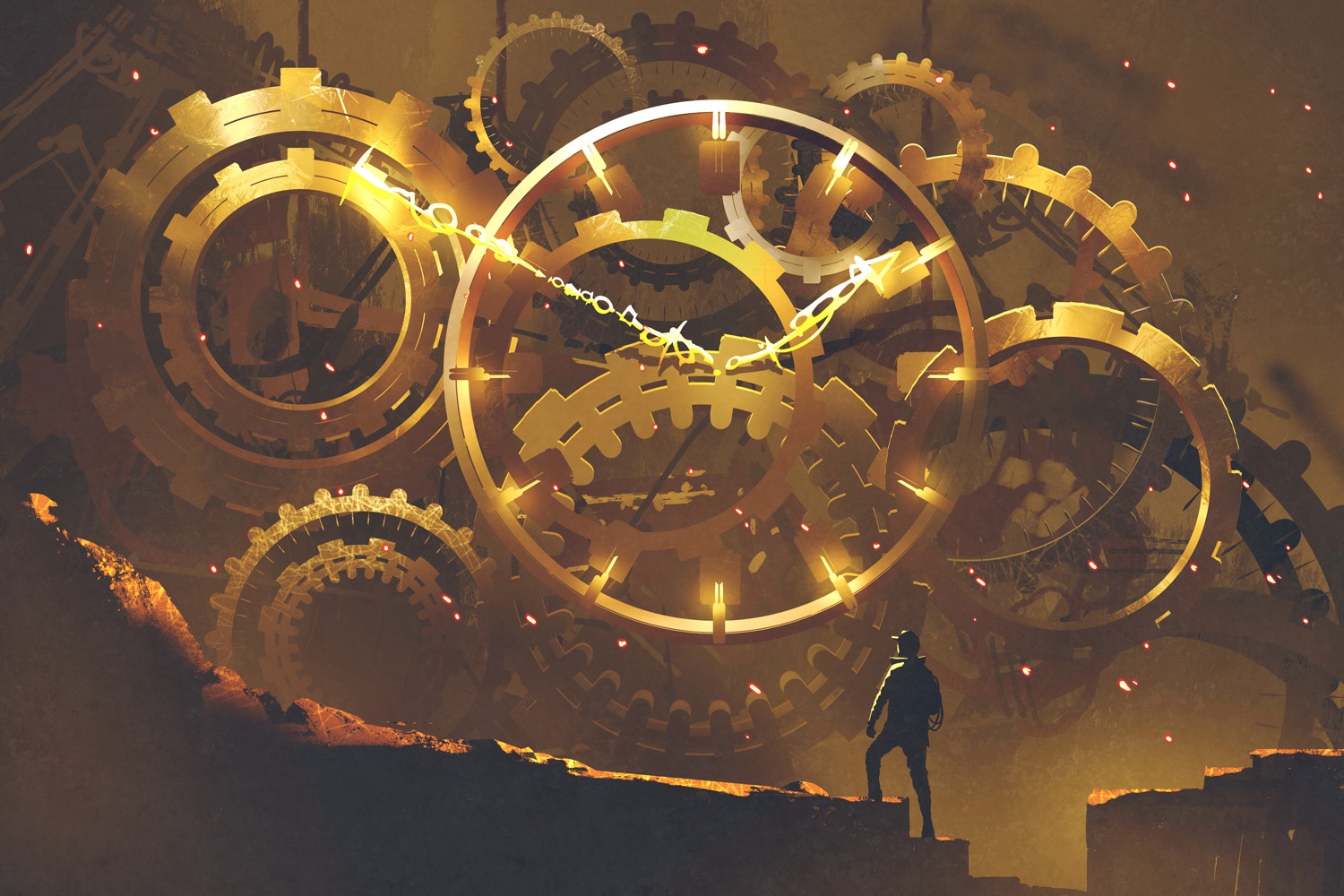Alien Invasion, the next book in our Gothic Fantasy anthology series, brings together a mix of adventure, horror, humour and sadness in short stories that explore what we imagine outside of ourselves and our world. Whether it’s an attempt to colonise new territory, an impulse to reach out and welcome, or a response to perceived threat, the complex dynamics at play are brought to the fore in these striking tales. Below, contemporary authors featured in the anthology shed light on the inspirations behind their story…
Flame Tree Fiction
Gillian Whitaker
Recent Posts
Topics: Gothic Fantasy, Short Stories, short fiction, submissions, alien, Q&A
With the short story anthology Endless Apocalypse all set to hit bookshelves this month, it’s time to hear more from the book’s authors for the second part of their Q&A! In our last blog, they shared details of the inspirations behind their featured story; here, they reveal treasured tales from the genre that have stayed with them, and the various methods they use to create their own work. As with other anthologies in the Gothic Fantasy series, the collection features classic tales too: this time the likes of H.G. Wells, Jules Verne and William Hope Hodgson, as well as a retelling of an ancient Babylonian myth, sit alongside the contemporary authors in their stories of thrilling voyages through and beyond the end of the world.
Topics: Gothic Fantasy, Short Stories, art submissions, Q&A
March sees our Gothic Fantasy anthology range extended to include two new titles: Endless Apocalypse and Alien Invasion. A tome of haunting apocalyptic visions, the former of these collects fascinating tales of survival, desolation, and the undead: apocalypses personal and global, that scar landscape and character alike. To sate our appetite until the book's release, some of the anthology's authors have stepped in to shed light on how their story ideas came to fruition...
Topics: Gothic Fantasy, Short Stories, short fiction, submissions, Q&A
UPDATE: SUBMISSIONS ARE NOW CLOSED FOR THESE ANTHOLOGIES
Lost Souls and Robots & Artificial Intelligence Short Stories
We're pleased to announce the addition of these two new anthologies to our successful Gothic Fantasy collection. As with the previous books in the series, we're looking for around twenty to thirty short stories by contemporary writers to complement a selection of classic tales. We are keen to encourage new writers, without prejudice to age, background or previous publication history. It’s the story that matters, and the quality of writing.
Submit by email to 2018@flametreepublishing.com
Topics: Gothic Fantasy, creepy stories, Short Stories
Gothic Fantasy: Successful Submissions: Endless Apocalypse; Alien Invasion
Due for release next March, Endless Apocalypse and Alien Invasion are the newest additions to our series of short story anthologies, and we’re excited to already share the list of authors chosen for inclusion in each book. In keeping with the format of the rest of the series, the two new anthologies consist of a selection of contemporary tales as well as classic authors, and the last few weeks have been busy with the careful process of selecting this new fiction, reading through the 800 stories received in response to our call for submissions. Endless Apocalypse is shaping up to be a thrilling exploration of the struggle for survival in the aftermath of destruction, presenting imaginative visions of the end of life as we know it. Alien Invasion, too, brings to the mix otherworldly horrors and the threat of the unknown, and introduces our first translated story from China as part of a long-term co-operation with Science Fiction World: a magazine dedicated to the genre with around 100,000 monthly readers.
Topics: Gothic Fantasy, Short Stories, short fiction
The final instalment of this year’s Author Q&As sees the Pirates & Ghosts authors sharing the tales they like best from the genre, and shedding some light on how their own stories come together in the writing process. As ever, this latest anthology in the Gothic Fantasy collection features a selection of classic tales from the genre – from the likes of Robert Louis Stevenson, Edgar Allan Poe, H.P. Lovecraft, William Hope Hodgson, W.W. Jacobs and Joseph Conrad – complementing the work of the contemporary authors in their exploration of treacherous waters and the horrors that lurk beneath…
Topics: Gothic Fantasy, creepy stories, Short Stories, Q&A
The eerie depths of the sea form the theme of our latest short story anthology: Pirates & Ghosts. With the publication date sailing into view, we turned to the authors to hear what inspired their stories in the collection, in the same way that the Agents & Spies discussed their story inspirations here. Completing this year’s set of short story anthologies, Pirates & Ghosts promises a haunting mix of adventure, monsters and mystery – and the responses below help give a glimpse of what’s in store!
Topics: Gothic Fantasy, creepy stories, Short Stories, Q&A
The authors from our upcoming Agents & Spies short story anthology are back this week, answering questions this time on the tales of deadly espionage they love best, and the ways in which they set pen to paper for their own work. With the anthology’s release date nearly upon us, it’s been fascinating to find out more about the authors behind the stories that we chose!
Topics: Gothic Fantasy, creepy stories, Short Stories, Q&A
October brings the release of two fresh books in our Gothic Fantasy anthology series: Agents & Spies, and Pirates & Ghosts. Following the tradition of the last 4 books in the series, we decided to ask the authors about the inspiration behind their story, as well as quizzing them about their own writing methods, and their favourite tales from the genre. The Agents & Spies anthology promises a stealthy mix of espionage, duplicitous dealings and secret liaisons: below, the authors divulge details about their contributions.
Topics: Gothic Fantasy, Short Stories, short fiction, Q&A
This final instalment in our current Author Q&A series offers a selection of further responses from the Time Travel anthology authors (see their Part 1 answers here). Just as time travel takes many diverse forms in fiction, so too do the answers below, as they tell us their preferred time travelling tales and we find out the various ways that they approach the task of writing. With these authors at the helm, the anthology looks set to be an exciting voyage of the science fiction kind, encompassing modern takes on the genre alongside the political reflection and atmospheric eras afforded by classic time travel narratives by the likes of H.G. Wells, Edward Bellamy, Mark Twain, Edward Page Mitchell and other greats.
Topics: Gothic Fantasy, Short Stories, Q&A, Interview, time travel
.png?width=3036&height=619&name=Beautiful%20books%2c%20Timeless%20storytelling%20(4).png)
